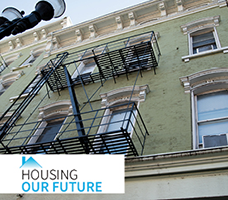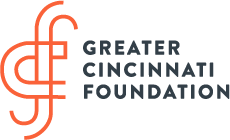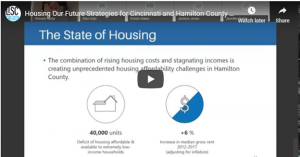Housing Our Future GCF Partners with LISC to Address Housing Crisis
Our region needs 40,000 more affordable housing units. As the COVID-19 pandemic continues its devastating impact on the economy, resulting in job losses and evictions, the crisis will only accelerate. Further, the pandemic and staggering affordable housing gap disproportionately affect the Black community; which already faces the highest unemployment rates in Hamilton County and significant job and wage disparities. The need is urgent.
Our neighbors in poverty cannot work their way out when they are spending over 30% of their income on housing. Poverty is merely the symptom of much broader systemic issues that must be addressed – systems that determine housing placement, fair lending practices, renters’ rights, access to development subsidies and tax abatements.
To achieve equitable, accessible and affordable housing throughout Cincinnati and Hamilton County, we must change the existing systems – many of them built on racist principles – that continue to leave too many residents behind, particularly Black women. Tackling the affordable housing crisis means we are addressing a key piece of her ecosystem.
We encourage you to think about how you can help drive this work forward. It’s critical for the growth of our region and for those, especially Black women, who call it home.
Ways to learn more and get involved:
- Read the Housing Our Future report
- Register for LISC’s Housing Our Future educational series to dive deeper into specific issues
- Read more stories about the housing crisis
In addition to being a partner and convener for the Housing Our Future strategy, GCF is addressing the housing crisis through the following investments:
- Affordable Housing Impact Investment Pool (AHIIP): GCF committed $1 million toward its projected $5 million fund size. In partnership with the Cincinnati Development Fund, AHIIP will support multiple projects providing both rental and home ownership housing opportunities for low-income families.
- After providing a $1 million impact investment to The Port (formerly Greater Cincinnati Redevelopment Authority) in 2018 to establish the Greater Cincinnati Neighborhoods Housing Revitalization Loan Fund, GCF added an additional $1 million this spring. The loans contribute capital to rehabilitate and resell vacant homes in Evanston, stimulating neighborhood development.
Join us in this important work. Contact Robert Killins at robert.killins@gcfdn.org to learn more.


